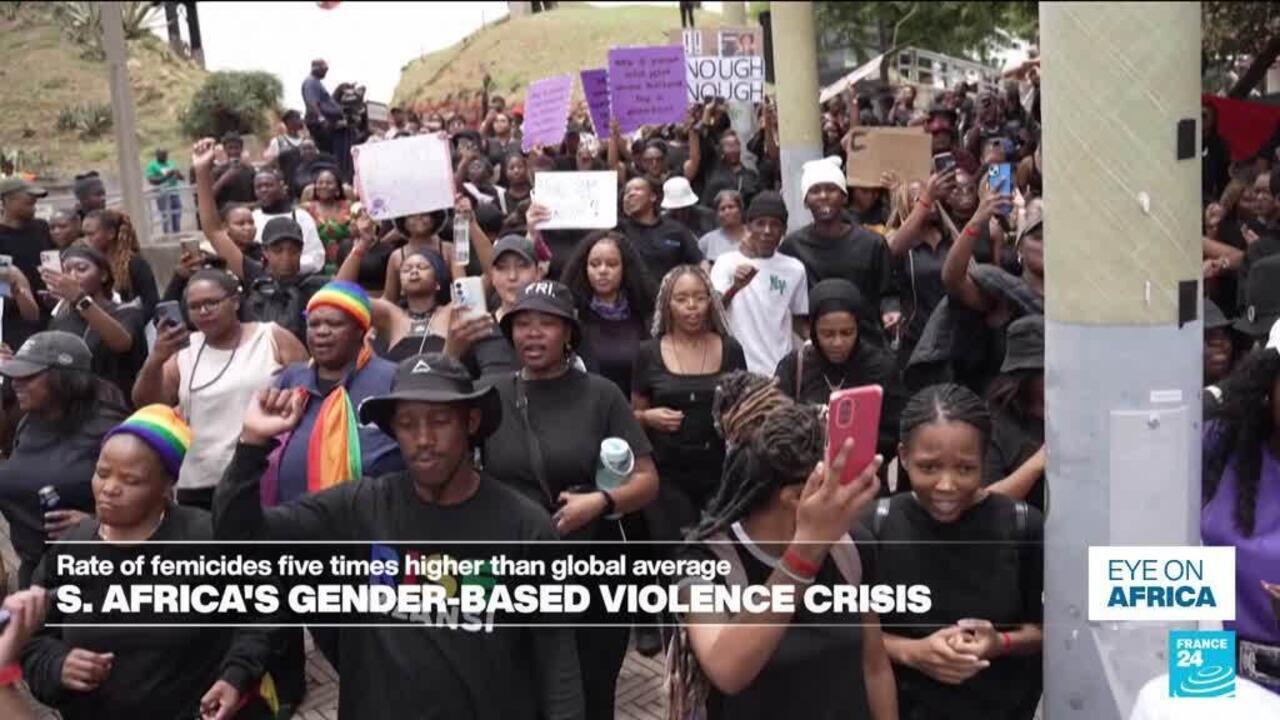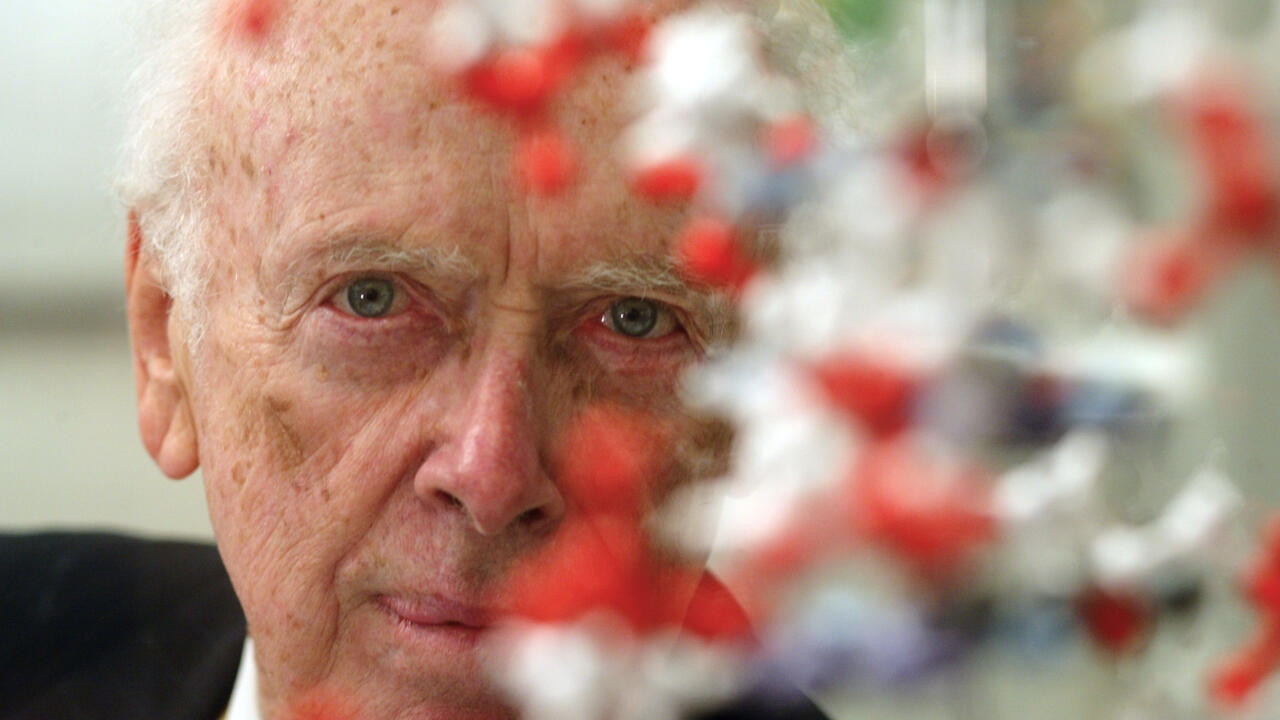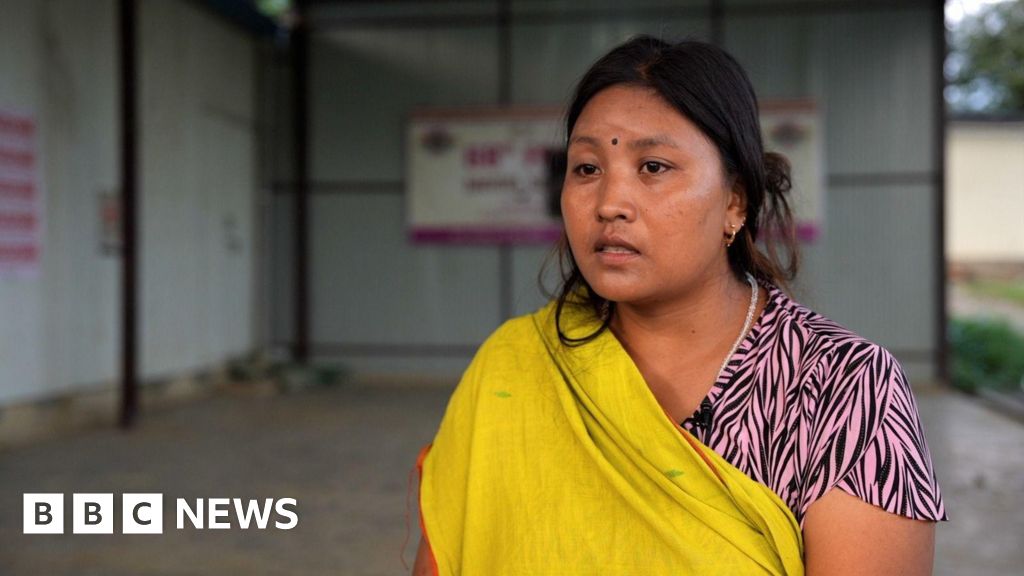Most of the bodies of the more than 100 dead Palestinians Israel released remain unidentified.
They were sent back to Gaza with numbers instead of their names, leaving family members of missing Palestinians to pore desperately through pictures of the bodies, hoping to spot their loved ones.
Recommended Stories
list of 3 items- list 1 of 3Hamas hands over remains of one more Israeli captive, vows to return rest
- list 2 of 3Trump says Ukraine war could end ‘quickly’ as he meets Zelenskyy
- list 3 of 3Gaza aid deliveries still face Israeli roadblocks a week into ceasefire
One thing is clear from the marks left on these bodies, and the blindfolds and handcuffs still on some of them: They had been tortured before their deaths, possibly executed.
The torture was confirmed by Palestinian detainees released alive by Israel as part of the Gaza ceasefire deal that has also seen the release of Israeli captives from Gaza.
Reports that Israel tortures Palestinian detainees in its jails have been common for years, and have increased since the start of Israel’s war on Gaza, with some Israeli politicians even defending the practice.
At least 75 Palestinian detainees have also died in Israeli jails since October 7, 2023, according to the United Nations.
One particularly notable documented incident of abuse was the gang rape of a Palestinian prisoner by guards at the notorious Sde Teiman detention facility in Israel last year. Verified video shows Israeli prison guards using their shields to hide from the camera before proceeding to rape the victim, who was left unable to walk, Israeli media reported.
Abuse visible on dead bodies
The condition of the bodies Israel returned to Gaza is harrowing.
The forensic teams who examined them said the bodies showed signs of physical abuse, medical sources told Al Jazeera.
Some of the bodies had missing limbs or teeth, while some appeared to have been burned, the Palestinian Health Ministry in Gaza said on Wednesday.
“Crimes that cannot be hidden … This is how the bodies of Gaza’s prisoners were returned – blindfolded, bound like animals, and bearing signs of severe torture and burning,” Dr Munir al-Bursh, director-general of the Health Ministry, wrote on social media.
“They did not die naturally – they were executed while restrained, a war crime demanding an urgent international investigation and accountability for the perpetrators.”
Images of the bodies back up much of what al-Bursh said, with experts saying that they showed signs of abuse.
Sameh Hamad, part of a commission that received the bodies at Gaza’s Nasser Hospital, said that one of the bodies even had a rope around his neck.
Speaking to Al Jazeera, Raed Mohammad Amer, of the Palestinian Prisoners’ Society, said his organisation found that Israel had executed dozens of Palestinians. Israel has promised investigations in some cases, but many remain open.
Naji Abbas, director of the prisoners and detainees department for Physicians for Human Rights Israel, said his organisation was “not surprised” at the condition of the bodies released.
“We have recorded hundreds of instances of torture and deaths in the Israeli prison system, dozens of Palestinians who have been killed, beaten to death, or have died after being refused treatment for months,” Abbas said.
One autopsy the organisation examined showed signs of violence on the body eight months after the person died, he added.
“These are documented cases of detainees’ bodies with clear signs of torture and of having been brutally restrained before death, and still it is not on every television and in every newspaper,” Abbas said.
Al Jazeera reached out to the International Committee of the Red Cross (ICRC), which coordinates the transfer of Palestinian and Israeli detainees, for comment.
The ICRC did not comment on the condition of the bodies, but said the focus of its staff was “the dignified transfer of remains of the deceased”.
The Israeli military and prison service did not respond to a request for comment.
Detainees say they were tortured, abused
Nearly 2,000 Palestinians from both Gaza and the occupied West Bank were released by Israel this week as part of the ceasefire deal.
Many of them had been taken by Israel in large roundups, leaving behind families who weren’t sure if their loved one had been killed or was disappeared by Israel.
Without news of their missing loved ones since their disappearance, the family members were shocked by their appearances and the stories they told.
Some people were so injured and weak, they were taken straight from the transport to a hospital for medical treatment.
One released detainee, Mahmoud Abu Foul, said Israeli torture had led to him losing his eyesight. Abu Foul told Al Jazeera he lost his eyesight after one beating left him unconscious for hours.
Many detainees emerged emaciated or with visible bruises.
One freed detainee, Kamal Abu Shanab, said his weight had dropped from 127 to 68 kilogrammes. His niece, Farah, cried as she saw him, saying he was unrecognisable.
Another freed detainee, Salem Eid, said he can’t lie on his back due to the beatings and has to sleep sitting up.
There have been reports of abuse in Israeli prisons for years.
Israeli rights group B’Tselem said in a report last August the Israeli prison system was a “network of torture camps” with “frequent acts of severe, arbitrary violence; sexual assault; humiliation and degradation; deliberate starvation; forced unhygienic conditions; sleep deprivation; prohibition on, and punitive measures for, religious worship; confiscation of all communal and personal belongings; and denial of adequate medical treatment”.
Then there is the psychological torture. One man released this week said he was told by Israeli soldiers that his family was dead, only to find them alive, and another who had prepared a bracelet for his two-year-old daughter, only to discover that she, along with his wife and other children, had been killed by Israel.
Targeting Barghouti
There are still about 9,000 Palestinian detainees still in Israeli jails – one of the most prominent is Palestinian leader Marwan Barghouti, who Israel refuses to release.
Barghouti was found guilty by Israel in 2004 of being responsible for attacks against Israelis and is serving several life sentences.
He refuses to accept the jurisdiction of the Israeli court system and endorses nonviolent resistance, as well as a two-state solution.
Polls regularly find Barghouti to be the most popular Palestinian leader, and he has often been compared to the anti-apartheid leader and former South African President Nelson Mandela.
Barghouti’s son, Arab, told Al Jazeera this week that Israel has singled his father out for exceptionally harsh treatment, including a beating by guards in mid-September that left him unconscious.
One released prisoner, Mohammad al-Ardah, said that Israeli forces had broken Barghouti’s ribs in three places.
Israel has denied the mistreatment of Barghouti and other Palestinian prisoners, but has not substantiated that defence with evidence.
Far-right National Security Minister Itamar Ben-Gvir appeared in an August video shouting at and threatening Barghouti. He is the man in charge of Israel’s prison service.
Arab Barghouti said Ben-Gvir showed his father an electric chair and told him it was his fate.
Ben-Gvir has taken pride in the treatment of Palestinian prisoners under his watch, and defended soldiers alleged to have abused the detainees, saying that “summer camps and patience for the terrorists are over”.

 1 month ago
18
1 month ago
18










 English (US) ·
English (US) ·